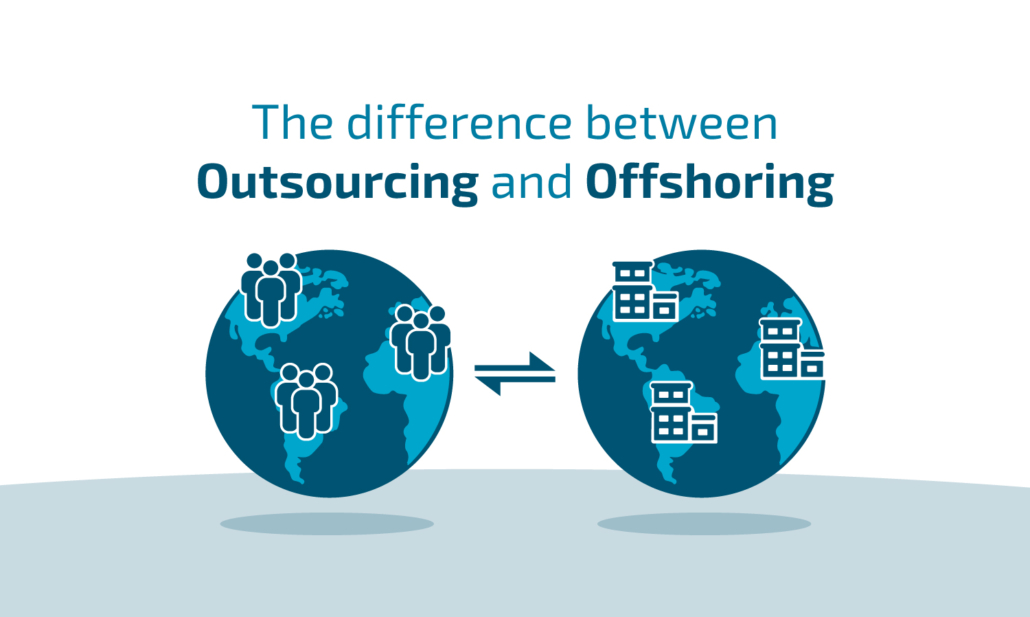Difference between Offshoring and Outsourcing
Tech
Outsourcing and offshoring are often used interchangeably, however these two terms have vastly different meanings and differ from each other significantly.
Many companies who are looking for ways to increase their productivity and profitability consider outsourcing vs offshoring. While the main objective of both outsourcing and offshoring is enhancement of business processes and business operations, it is still important to acknowledge the difference between the two.
What is Offshoring:
Offshoring involves delegating business operations in another country. These operations include production processes, human recourse processes or non-core activities. This is usually done for several reasons, such as taking advantage of lower costs, increased productivity, access to a larger talent pool etc…
Benefits of offshoring:
- Lower Labor Costs
One of the main benefits of offshoring is the cost savings. Therefore, companies benefit from hiring services offshore and reducing their costs while retaining high quality. This is due to the lower labor costs in the offshore locations that companies decide to delegate their tasks to.
- Offshoring enhances productivity
By focusing on the core functions of a business, instead of administrative tasks like human resources management or payroll, offshore teams will be more efficient and in return, boost overall profits.
- Access to a larger talent pool
Offshoring provides businesses with access to a larger pool of labor. This is because many of these companies have offices worldwide and can recruit talent regardless of geographical location. So, finding talent faster is an advantage for all companies.
What is Outsourcing:
Outsourcing is the process of employing a company or individual outside of your own to provide numerous services. Most commonly, these services include customer service, software development and marketing. Outsourcing is a good decision to take for companies looking to maximize their business productivity and focus on an overall business model.
Benefits of outsourcing:
- Outsourcing allows companies to focus on their core activities and goals
Core activities within a company offer a competitive advantage over their competitors. They are the activities that the company does better than the competition, therefore it is the main reason customers want to work with them. So, handling non-core activities can be a distraction, so many companies decide to outsource them.
- Reduced risk
Every business investment carries risks. Whether it is competition, financial conditions, or technological functions. Outsourcing providers can foresee these risks and manage them, moreover they are better at deciding how to mitigate these risks in the future.
- Starting new projects quickly
A proficient outsourcing company has the adequate recourses to implement a new project right away. Implementing the same project in-house would otherwise take weeks or months to recruit the right employees, train them and provide the additional support needed.
Conclusion
The main difference between outsourcing and offshoring is the location of the location of the business that you decide to delegate business operations to.
For smaller companies with limited resources or budget, outsourcing can be the best option as it allows you to focus on core business operations.
On the other hand, if you are a larger organization that aims to save costs while increasing productivity, offshoring could be the solution for you!



